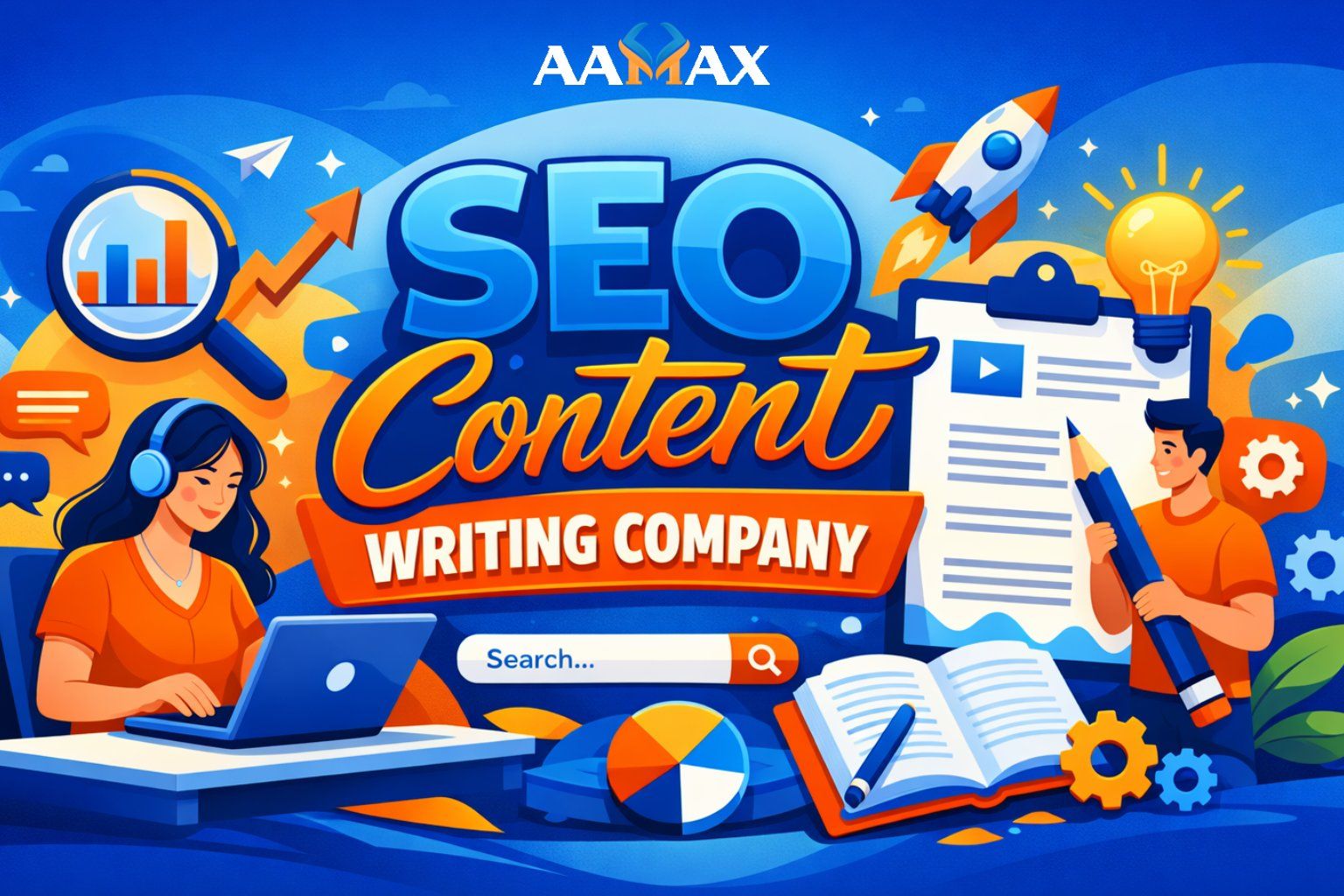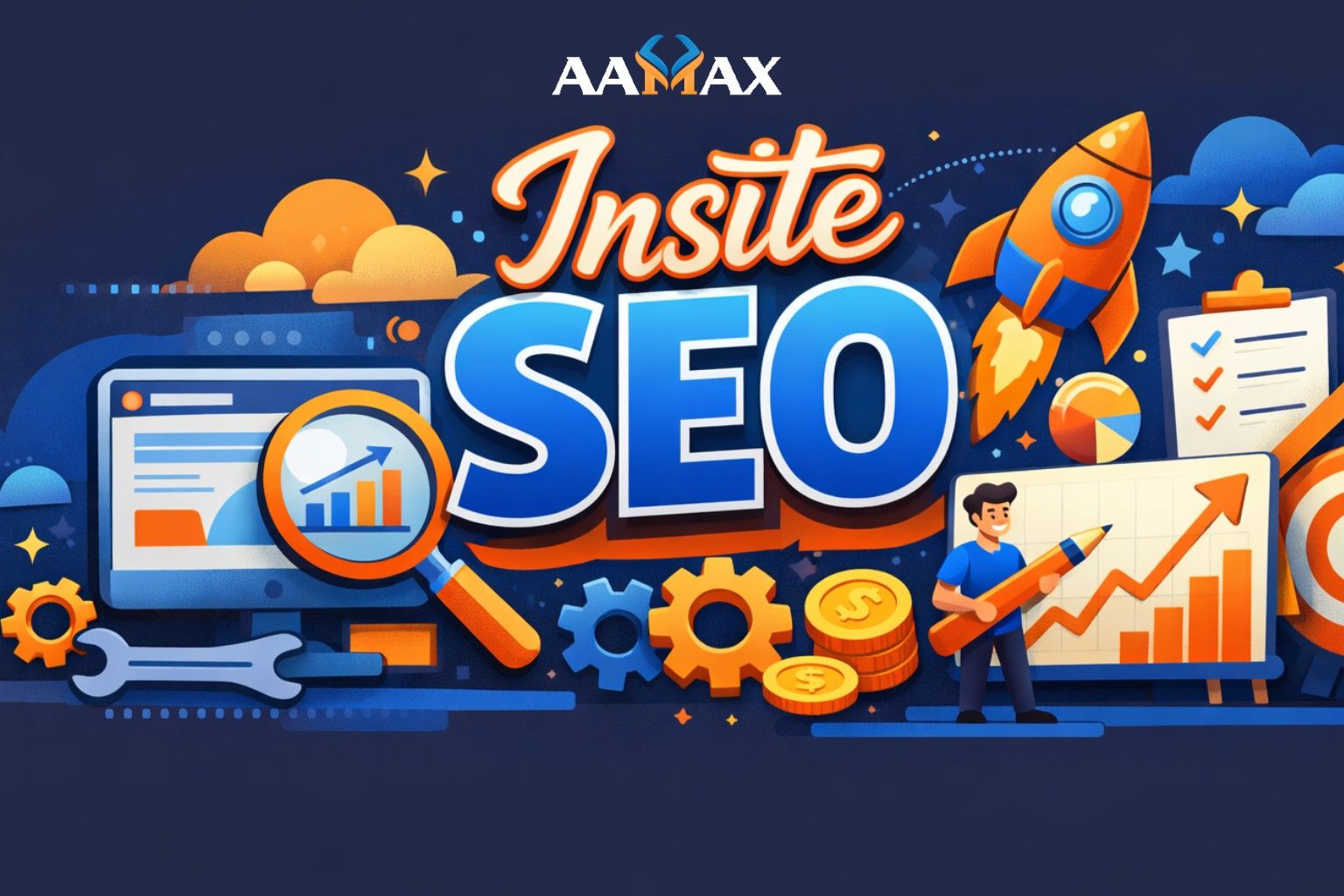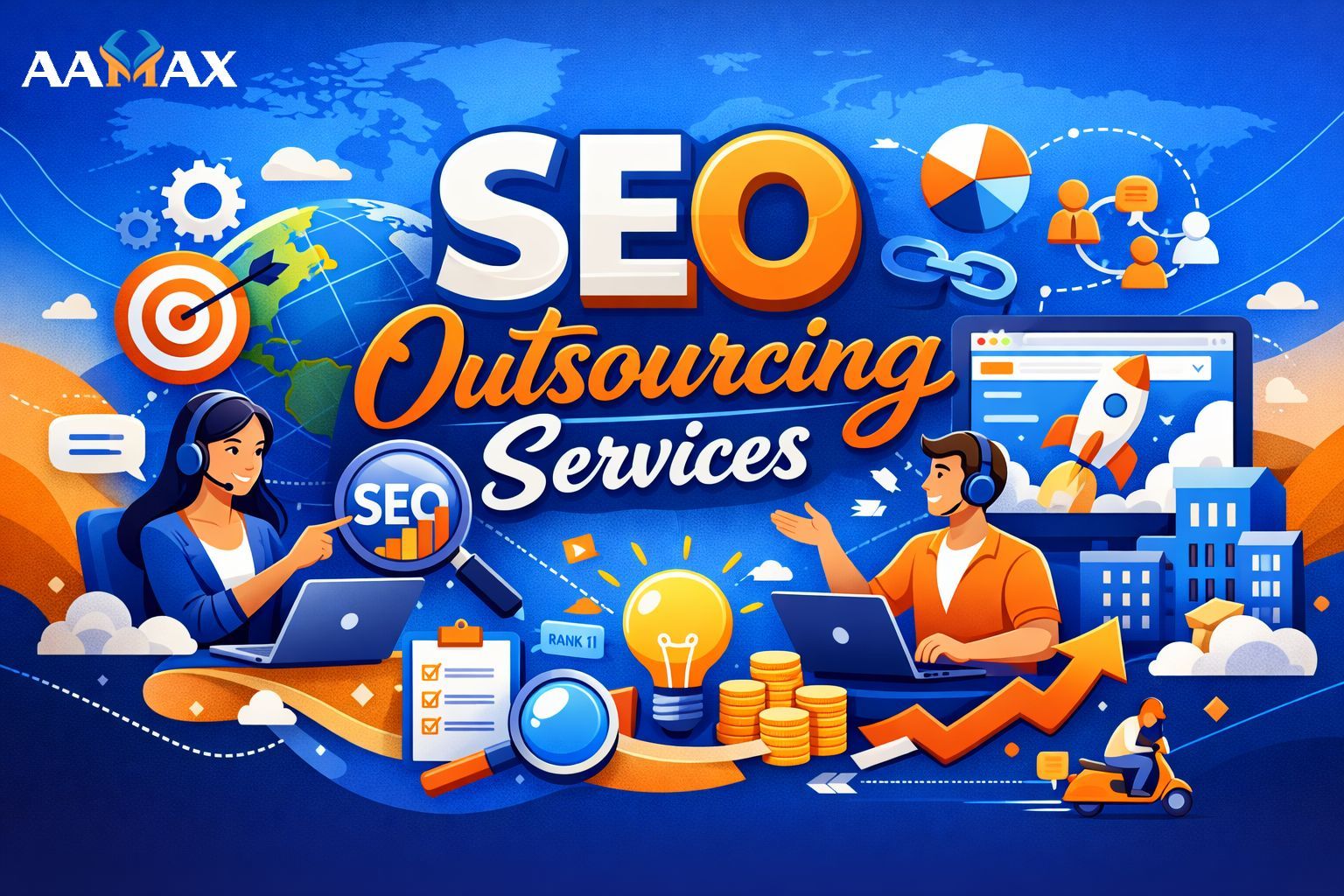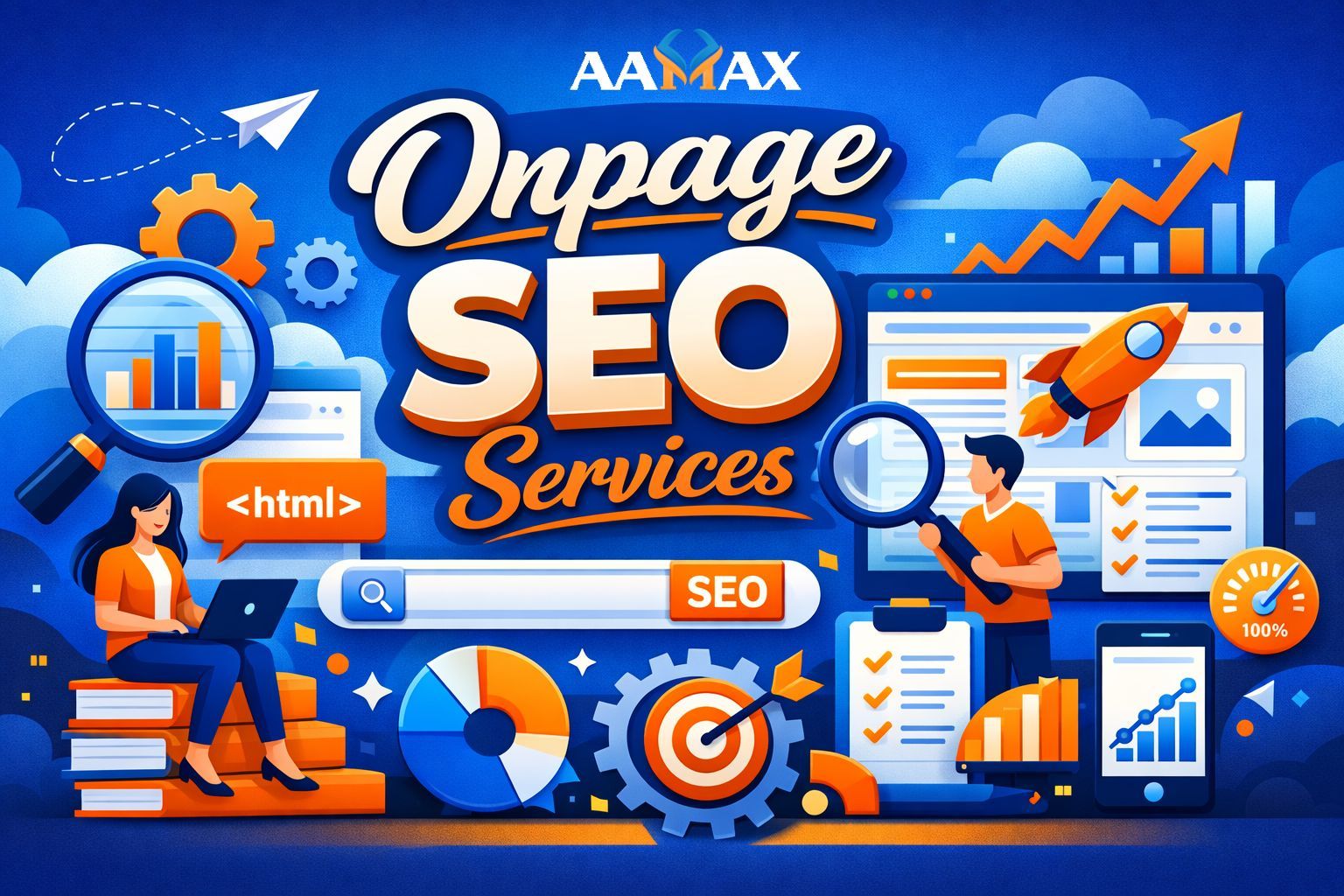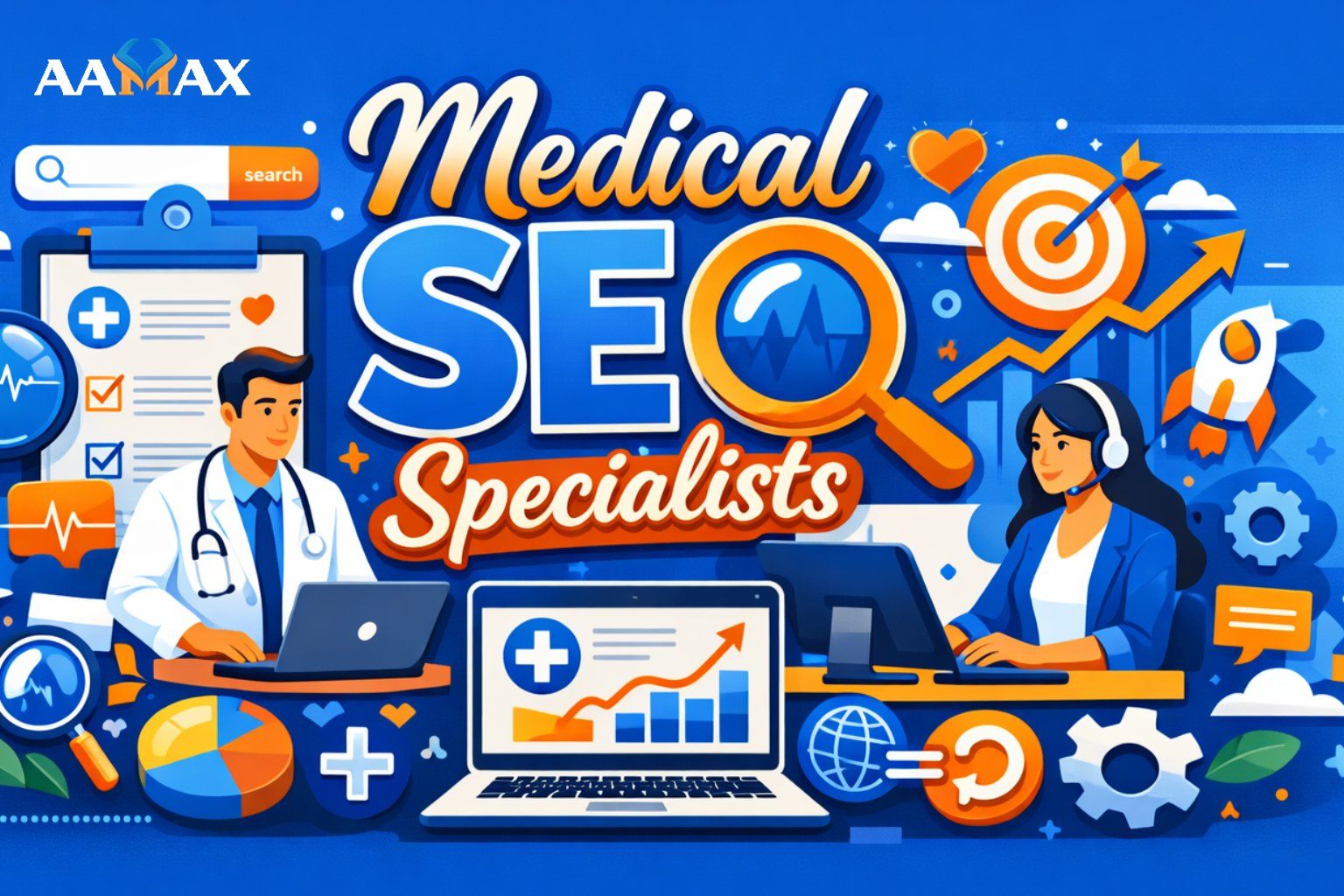
Can AI Automate SEO Tasks? A Deep Dive into AI-Powered SEO Tools
Artificial Intelligence (AI) has become one of the most transformative technologies in digital marketing—and nowhere is this more evident than in Search Engine Optimization (SEO). For years, SEO has relied on manual processes: keyword research, content optimization, backlink outreach, and technical audits. But as search algorithms grow more sophisticated and data-driven, traditional methods alone are no longer enough.
This has led to the rise of AI-powered SEO tools, which promise to automate complex SEO tasks, deliver faster results, and uncover insights that humans might miss. But how much of SEO can truly be automated by AI? Can these tools replace human expertise, or do they simply enhance it?
In this detailed guide, we’ll explore how AI automates SEO tasks, review the tools leading this transformation, and discuss where human creativity still plays a vital role.
If you’re ready to take your SEO strategy to the next level with intelligent automation, you can AI SEO, web development, and digital marketing services**.
Understanding AI in SEO
Before diving into automation, it’s important to understand what AI in SEO really means.
AI SEO refers to the use of artificial intelligence and machine learning technologies to analyze, optimize, and improve website performance in search engines. Instead of relying solely on manual data collection or guesswork, AI tools learn from vast datasets and algorithmic patterns to make smarter SEO decisions.
Modern AI SEO tools can:
- Analyze search intent and context, not just keywords
- Automate content optimization based on SERP (Search Engine Results Page) data
- Predict trends and keyword opportunities
- Detect technical issues automatically
- Personalize content experiences for different users
AI is essentially the next evolution of SEO—turning data into actionable intelligence.
The Evolution from Manual SEO to AI-Driven Optimization
Traditional SEO used to be about repetition and routine—finding keywords, optimizing meta tags, building backlinks, and measuring results through spreadsheets. These methods worked when search algorithms were simpler.
But today, search engines like Google use AI-powered algorithms such as RankBrain, BERT, and MUM that understand context, language, and user intent at an unprecedented level.
To keep up, marketers needed tools that could process data and interpret language the way Google does. That’s where AI SEO tools emerged—tools that can adapt, analyze, and automate much of the SEO process in real time.
AI hasn’t replaced SEO—it has evolved it.
What SEO Tasks Can AI Automate?
AI doesn’t make SEO completely hands-free, but it can automate a significant number of time-consuming and analytical tasks. Here’s a deep look at the major areas where AI is making an impact.
1. Keyword Research and Topic Discovery
Traditional method: SEO professionals manually research keywords, analyze search volume, and assess competition using tools like Google Keyword Planner or Ahrefs.
AI-powered method: AI tools use predictive analysis to identify not just what people are searching for, but what they’ll search for next.
AI SEO platforms like MarketMuse, Clearscope, and Surfer SEO analyze millions of search results to find semantic keywords, content gaps, and high-potential topics. They can even suggest related terms and question-based keywords aligned with user intent.
This level of automation saves hours of manual research while producing more precise targeting data.
2. Content Creation and Optimization
AI-driven content generation is one of the biggest breakthroughs in SEO automation. Using Natural Language Processing (NLP) and Natural Language Generation (NLG), AI tools can now create readable, engaging, and SEO-friendly content in minutes.
For example, tools like Jasper, ChatGPT, and Writesonic can:
- Generate article drafts
- Optimize existing content for keywords
- Suggest headings, meta tags, and structure improvements
- Maintain tone consistency across multiple pages
Meanwhile, Surfer SEO and Frase use AI to compare your content with top-ranking pages and recommend ways to improve keyword density, readability, and semantic structure.
While humans are still needed for creativity and storytelling, AI dramatically accelerates the content production and optimization process.
3. On-Page SEO Optimization
AI can automate and enhance on-page SEO by analyzing your website’s structure, content, and metadata to ensure it aligns with best practices.
Modern AI SEO tools can automatically:
- Generate meta descriptions and title tags
- Optimize header tag hierarchy (H1, H2, H3)
- Identify missing alt text and internal link opportunities
- Suggest schema markup for structured data
For instance, Alli AI and Surfer SEO Audit can scan your site and apply on-page optimizations with minimal human intervention.
The result? Better crawlability, improved indexing, and enhanced ranking potential.
4. Link Building and Backlink Analysis
Link building is one of the hardest and most time-consuming aspects of SEO—but AI is simplifying it.
AI tools like LinkAssistant, BuzzStream, and SEMrush Link Building Tool use machine learning to identify relevant link prospects, assess domain authority, and even personalize outreach templates.
Moreover, AI can monitor backlink quality and detect toxic links that might harm your rankings. These insights allow SEO experts to focus on building relationships and strategies rather than sifting through endless data.
5. Technical SEO and Site Audits
Technical SEO audits traditionally take hours of manual analysis—checking for broken links, missing tags, site speed issues, and mobile usability. AI-powered crawlers now handle these audits automatically.
Tools like Screaming Frog, DeepCrawl, and Sitebulb use machine learning to analyze site architecture, detect indexing issues, and even predict which errors could impact rankings most severely.
AI can also simulate how Googlebot perceives your site, providing a near real-time view of technical performance.
By automating technical audits, marketers can identify and fix issues faster, ensuring optimal site health.
6. Voice Search and Semantic Optimization
With the rise of smart assistants and voice-enabled devices, voice search optimization is now critical. AI helps automate this process by understanding natural language patterns, conversational queries, and long-tail intent.
AI-driven SEO tools analyze how people speak their searches and recommend content that aligns with spoken language rather than typed keywords.
This helps ensure that your website ranks for both voice-based and traditional queries.
7. Predictive SEO and Trend Analysis
AI’s predictive capabilities allow marketers to stay ahead of the curve. Using machine learning models, AI can analyze keyword trends, competitor activity, and user behavior to predict which topics or search terms will gain traction in the near future.
Tools like BrightEdge and CanIRank use predictive SEO to recommend strategies before trends peak.
This allows businesses to publish proactive content that captures early search traffic—something traditional methods can’t achieve easily.
Benefits of Automating SEO with AI
The integration of AI into search engine optimization processes brings significant advantages:
- Time Efficiency: Tasks that once took days can now be completed in minutes.
- Data Accuracy: AI eliminates human bias and errors in data interpretation.
- Scalability: Businesses can manage large-scale SEO campaigns with ease.
- Smarter Insights: AI identifies patterns, trends, and correlations that humans overlook.
- Personalized Experience: AI helps tailor content for different user segments.
- Faster Decision Making: Real-time analysis leads to quicker strategic adjustments.
In essence, AI automation turns SEO from a slow, reactive discipline into a fast, predictive, and data-driven ecosystem.
Limitations of AI in SEO Automation
Despite its power, AI isn’t a magic wand. There are still limitations that marketers must be aware of.
- Lack of Creativity: AI can generate text but can’t replicate human emotion or storytelling.
- Dependence on Quality Data: Poor or incomplete data leads to inaccurate recommendations.
- Contextual Understanding: AI may misunderstand cultural nuances, brand tone, or humor.
- Over-Automation Risks: Too much automation can make content feel generic or repetitive.
- Ethical Concerns: Automated link building or content generation can lead to spam if misused.
Thus, while AI can handle repetitive and analytical tasks, human oversight is essential to ensure strategy, authenticity, and brand alignment.
Best AI-Powered SEO Tools to Explore
Here are some of the leading AI tools revolutionizing SEO automation today:
- Surfer SEO: Content optimization based on real-time SERP data.
- MarketMuse: AI-driven content research and strategy.
- Clearscope: Semantic keyword and readability optimization.
- Frase: AI content assistant for SEO-driven writing.
- Jasper: AI writing tool for generating long-form SEO content.
- BrightEdge: Enterprise SEO platform with predictive analytics.
- CanIRank: AI-powered keyword difficulty and ranking prediction tool.
- Alli AI: Full-site automation for technical SEO improvements.
Each tool focuses on a specific aspect of SEO—from research to optimization—and together, they can automate up to 80% of the SEO workflow.
The Role of Human Expertise in the Age of AI SEO
AI may be powerful, but SEO success still depends on human creativity, strategy, and intuition.
Humans bring what AI lacks—context, empathy, and storytelling. They understand brand voice, customer pain points, and emotional triggers that drive engagement.
In the ideal setup, AI handles automation and analytics, while humans oversee creativity and strategy. This synergy creates a balanced approach that maximizes both efficiency and authenticity.
The Future of SEO: AI-First Strategies
The future of SEO is AI-first, where automation handles the heavy lifting, and marketers focus on strategy, content quality, and experience.
As algorithms become smarter, websites optimized with AI tools will enjoy faster adaptability to ranking changes and better performance insights.
Voice search, image recognition, and personalized content recommendations will also continue to evolve—making AI not just a tool but a core component of SEO success.
Final Thoughts: AI is the Future of SEO Automation
So, can AI automate SEO tasks? The answer is absolutely yes—but with a caveat. AI can automate most technical and data-driven processes, from keyword research to optimization and reporting. However, it cannot replace human judgment, creativity, and ethical strategy.
The smartest SEO approach is AI-powered but human-guided—leveraging machine learning for precision while maintaining a human touch for authenticity.
If you’re looking to integrate automation into your SEO strategy and unlock the full power of AI, partner with AAMAX. AAMAX offers expert AI SEO, web development, and digital marketing services to help you dominate search rankings and scale your online growth intelligently.

